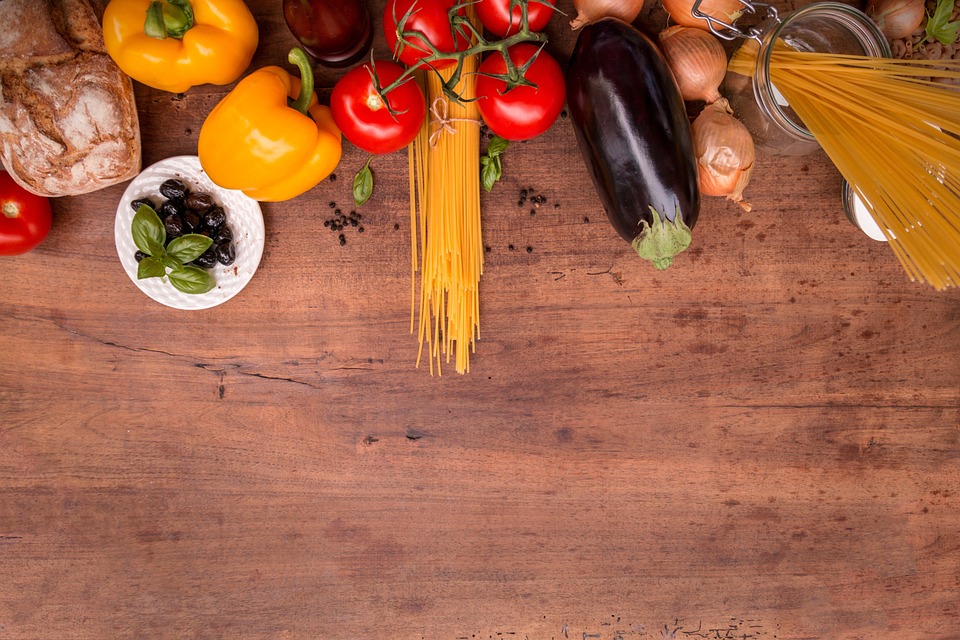Plant-based diets have become increasingly popular in recent years, and for good reason. Not only are they good for your health, but they’re good for the planet, too. If you’re thinking about trying out a plant-based diet, you’re in luck. We’ve put together the ultimate guide to everything you need to know to make the switch.
What is a plant-based diet?
A plant-based diet is exactly what it sounds like – a diet that’s based on plants. This means that the majority of your meals come from fruits, vegetables, whole grains, nuts, and seeds. Some people who follow a plant-based diet also eat small amounts of animal products, such as eggs and dairy, but the focus is on plant foods.
Why switch to a plant-based diet?
There are many reasons to switch to a plant-based diet. For one, it’s better for your health. Plant foods are rich in nutrients that your body needs to stay healthy, and they’re also low in saturated fat and cholesterol, which can lead to heart disease and other health problems.
Plant-based diets are also better for the planet. Animal agriculture is a major contributor to greenhouse gas emissions, and it also takes up a lot of land and water resources. By eating a plant-based diet, you’re reducing your carbon footprint and helping to protect the environment.
How to get started
Making the switch to a plant-based diet can be daunting, but it doesn’t have to be. Here are some tips to help you get started:
1. Start small: Don’t try to go completely plant-based overnight. Start by incorporating more fruits and vegetables into your meals, and gradually reduce your intake of animal products.
2. Explore new foods: There are so many delicious plant-based foods out there. Experiment with new recipes and try foods you’ve never had before.
3. Educate yourself: Learn about the nutritional benefits of plant-based foods and how to get all the nutrients your body needs on a plant-based diet.
4. Find support: Join a plant-based eating group or connect with others who are following a plant-based diet for motivation and support.
5. Be patient: It takes time to adjust to a new way of eating, so be patient with yourself and don’t give up if you slip up occasionally.
What to eat
A plant-based diet is all about eating a variety of fruits, vegetables, whole grains, nuts, and seeds. Here are some examples of what to eat:
– Fruits: Apples, bananas, oranges, berries, grapes, etc.
– Vegetables: Broccoli, spinach, kale, carrots, sweet potatoes, etc.
– Whole grains: Brown rice, quinoa, oats, whole wheat bread, etc.
– Nuts and seeds: Almonds, cashews, sunflower seeds, chia seeds, etc.
It’s also important to make sure you’re getting enough protein, which can be found in plant-based sources like beans, lentils, tofu, and tempeh.
What to watch out for
While a plant-based diet can be very healthy, there are a few things to watch out for:
– Vitamin B12: This vitamin is usually found in animal products, so it’s important to supplement if you’re not getting enough in your diet.
– Iron: Plant-based sources of iron are not as easily absorbed by the body as animal sources, so it’s important to eat iron-rich foods like spinach, lentils, and quinoa.
– Calcium: Dairy products are a major source of calcium, so make sure you’re getting enough from sources like fortified plant milks or leafy green vegetables.
In conclusion, a plant-based diet can be a healthy and sustainable choice for both you and the planet. With a little bit of education and support, anyone can make the switch and enjoy the benefits of a plant-based lifestyle. Happy eating!




